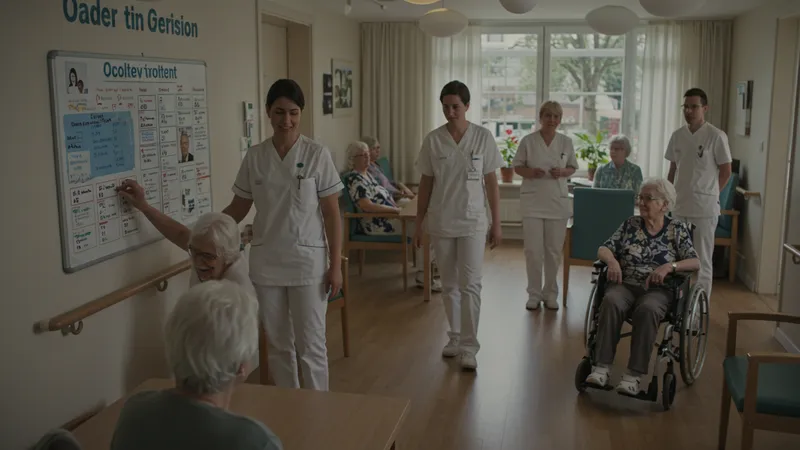
Elderly Care: Options And How They Work Explained
Elderly Care: Quality Standards, Challenges, and Innovations
Maintaining high standards in elderly care is a top priority in Germany. Facilities are subject to regular inspections and public ratings, ensuring that care providers adhere to strict regulations regarding staff qualifications, hygiene, and resident autonomy. Feedback from residents and families is actively sought, forming the basis for ongoing quality improvements and transparency within the sector.

However, the system faces challenges: demographic shifts have created a shortage of qualified caregivers, while rising operational costs place strain on providers and residents alike. Policy reforms are in progress to attract and retain more specialists, including streamlined certification processes for international nursing staff and expanded training opportunities domestically.
Innovation is also making waves in German elderly care. Technologies such as digital monitoring systems, telehealth consultations, and networked emergency call devices are enhancing both safety and independence. Pilot programs in “smart” assisted living facilities are yielding promising results for managing chronic conditions, early intervention, and supporting mental well-being among residents.
Looking forward, the evolution of elderly care in Germany hinges on a delicate balance between tradition and modernization. By combining regulatory oversight, community engagement, and technological advancement, the country continues to refine its approach—delivering tailored, respectful support for seniors and their families.